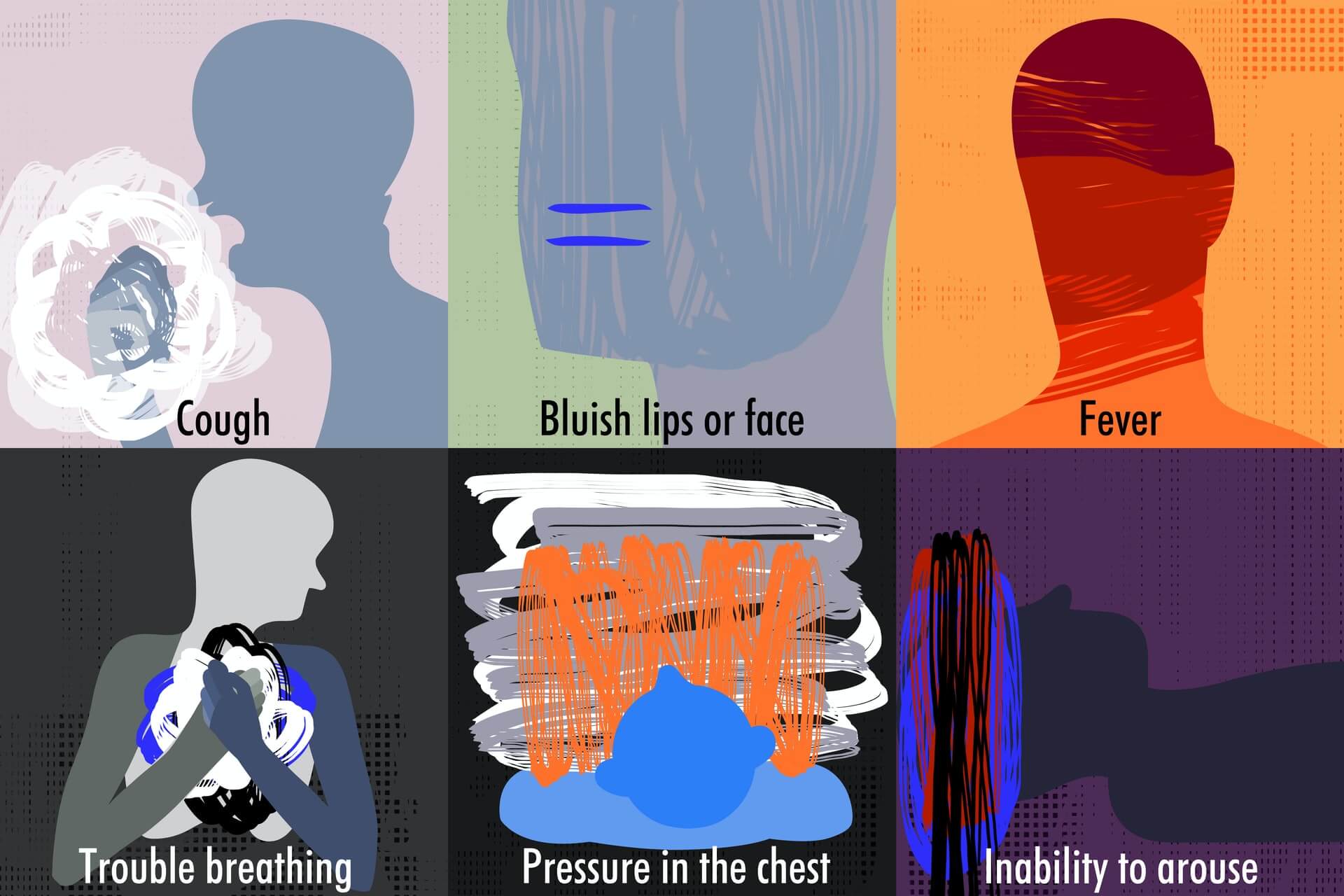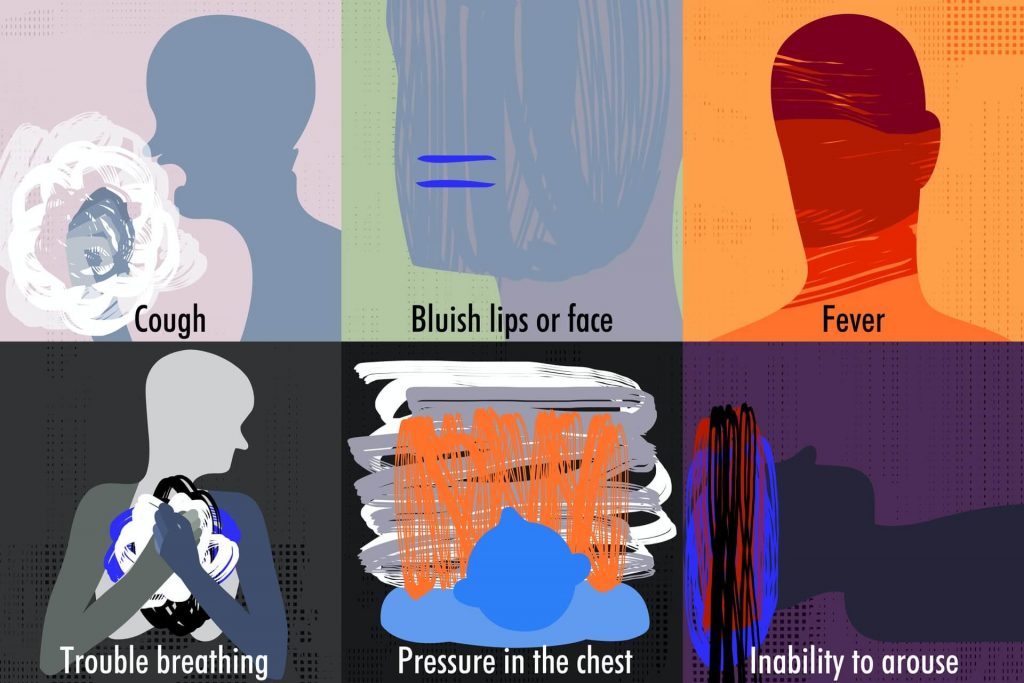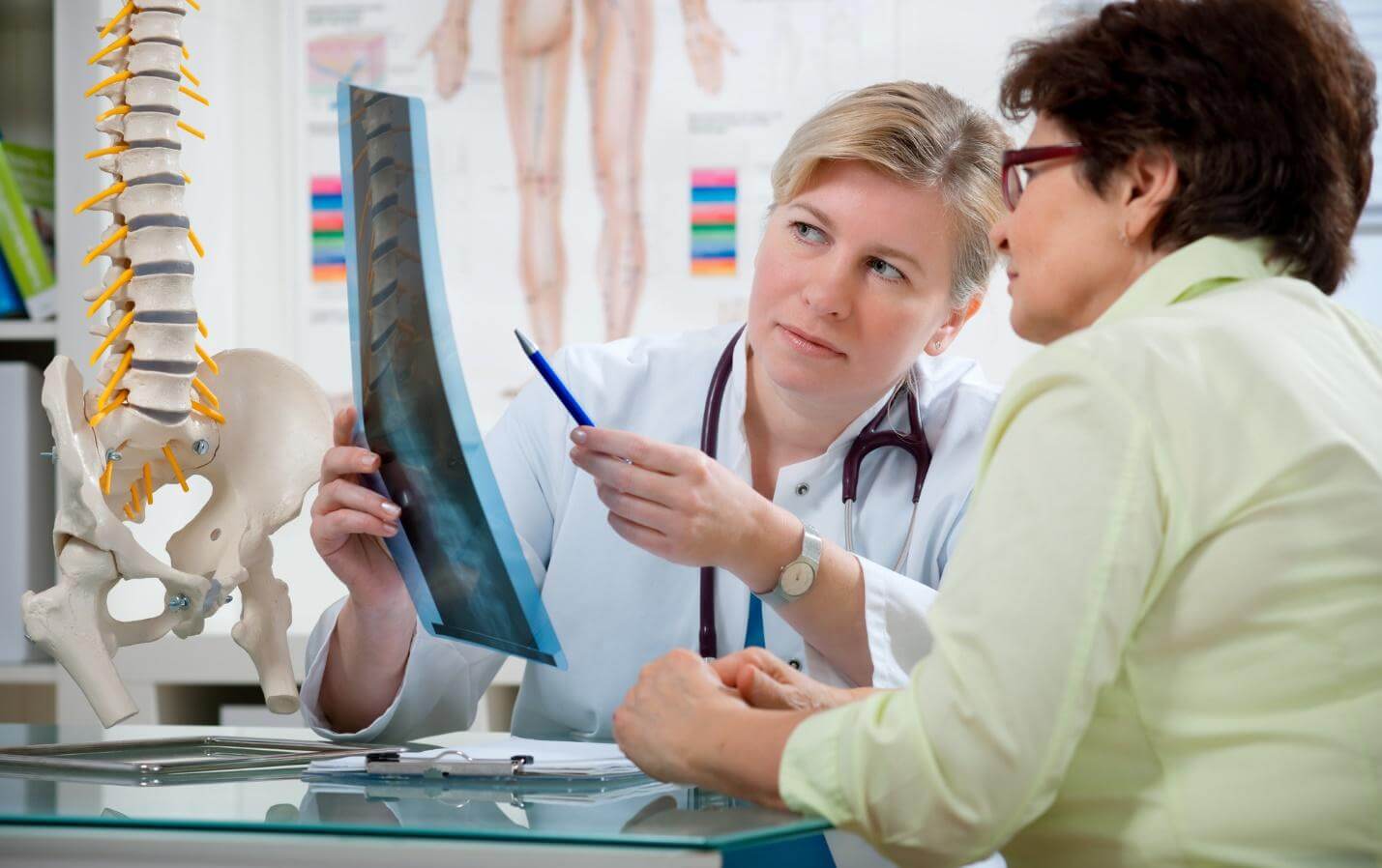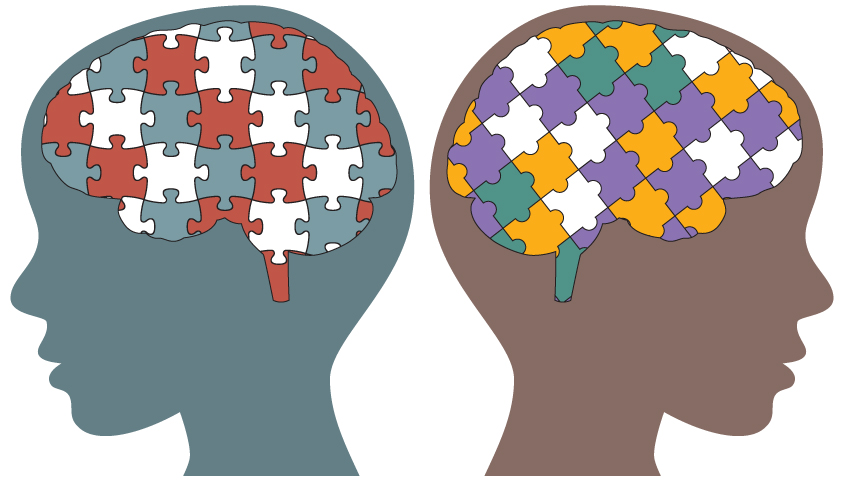Saliva is an extracellular fluid produced and secreted by salivary glands in the mouth. In humans, saliva is composed of 98% water and 2% electrolytes, mucus, WBCs, epithelial cells, enzymes such as amylase and lipase. Saliva contributes to the digestion of food and maintenance of oral hygiene. It coats the oral mucosa mechanically protecting it from trauma during eating, swallowing and speaking. The production of saliva is stimulated both by the sympathetic and the parasympathetic nervous system. The saliva stimulated by sympathetic innervation is thicker and facilitate respiration whereas that stimulated by parasympathetic is more fluid-like and facilitate digestion.
Does saliva really spread infections?
Saliva contains micro-organisms like bacteria and viruses derived mainly from exfoliation from oral surface, especially from the dorsum of tongue and buccal mucosa. Bacteria are identified by the morphological and biochemical tests. Viruses habitually colonize the human mouth. Kissing may spread viral agents from person to person if the recipient is susceptible. It may be difficult to differentiate saliva transmission from that by body fluids introduced into mouth, respiratory droplets, aerosols. Infections like mononucleosis, cytomegaloviruses, rhinovirus, Hepatitis B and C, Herpes virus, COVID -19, etc. can all be spread by saliva. COVID-19 is primarily considered as a respiratory illness that affects lungs, upper airways and nasal cavity. But COVID-19 also actively infects cells that lines the mouth and oral ulcers.
How does saliva play a role in transmitting SARS-COV-2?
To answer this, a sample of oral tissues from healthy people were searched for cells that expresses the ACE-2 receptor protein and TMPRSS2 enzyme protein, both of which SARS-COV-2 depends upon to enter and infect the human cells. They found that the proteins may be expressed individually in primary cells of all the types of salivary gland and in the tissues lining the oral cavity. In people with mild or asymptomatic COVID -19, oral cells that shed into saliva bathing in the mouth were found to contain RNA for SARS-COV-2, as well as its proteins that it uses to infect human cells.
Conclusion: Overall, the findings suggest that the saliva plays an important role in spreading infections. The virus or bacterial-laden saliva, when inhaled, may spread virus into throat, lungs or digestive system and may cause serious health problems. So “PREVENTION IS ALWAYS BETTER THAN CURE”.
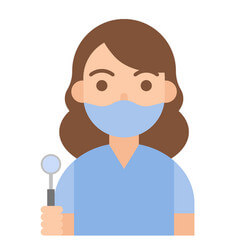
She currently works in a private clinic. She conducts webinars on Recent topics of Dentistry. She also writes articles.
